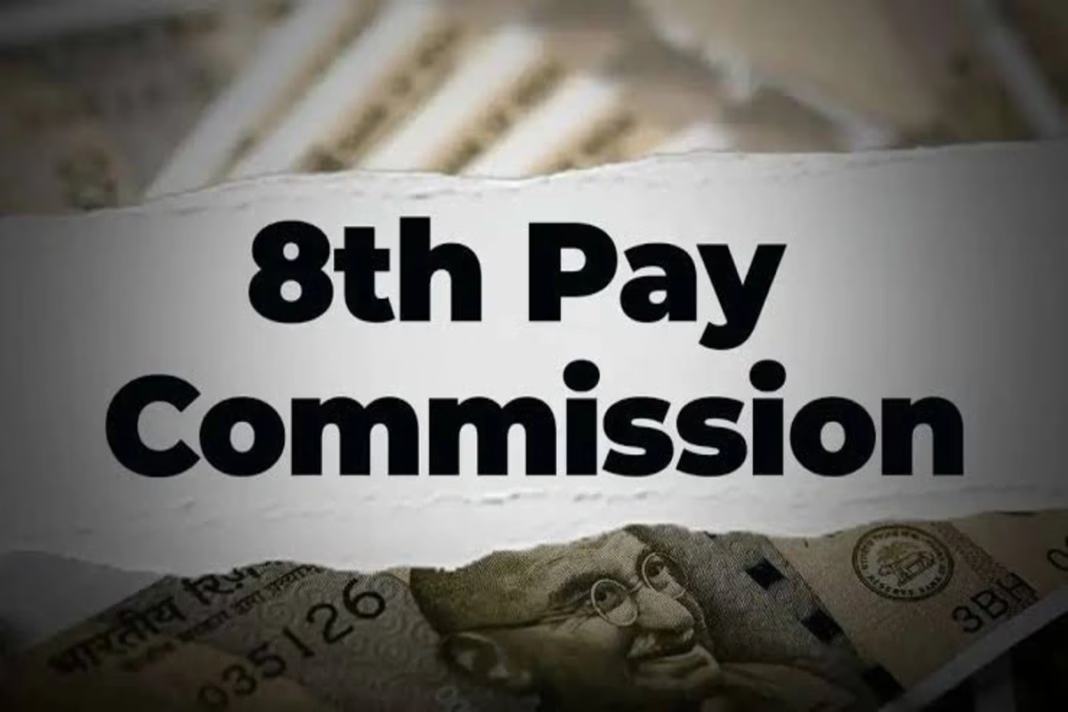8th Pay Commission: The much-awaited 8th Pay Commission continues to draw attention as central government employees and pensioners eagerly await clarity on its implementation. Speaking to NDTV Profit, Shiv Gopal Mishra, secretary of the staff side of the National Council–Joint Consultative Machinery (NC-JCM), emphasized that the hike in salaries and pensions must come into effect from January 2026, despite delays in the rollout process.
DON'T MISS
Expected Benefits for Employees
Reports suggest the minimum basic pay could rise from ₹18,000 to ₹51,480 and pensions may see a 30–34% increase. A new health insurance scheme could also replace the current CGHS, offering broader coverage to employees and retirees.
8th Pay Commission Salary Hike Must Be Effective from January 2026
The NC-JCM is an official body that brings together senior bureaucrats and recognized employee union leaders to deliberate on key workforce-related issues. Mishra noted that while the government has yet to formally constitute the commission, employees and retirees cannot be made to suffer due to administrative delays.
Earlier reports suggested that the minimum basic pay could rise from ₹18,000 to nearly ₹51,480, with additional reforms such as a new health insurance scheme replacing CGHS, aimed at providing enhanced medical coverage. Analysts also project a 30–34% increase in salaries and pensions, potentially benefitting over 11 million employees and retirees across the country.
Despite the lack of an official notification, experts believe that the commission’s formation and submission of recommendations may stretch until late 2026 or early 2027. However, Mishra reiterated that any delay in procedure should not affect the effective date of benefits, which must begin in January 2026, ensuring fairness for employees.
The 7th Pay Commission, implemented in 2016, had provided only a modest hike of around 14%. With rising inflation and increasing cost of living, expectations from the upcoming 8th Pay Commission remain significantly higher.



